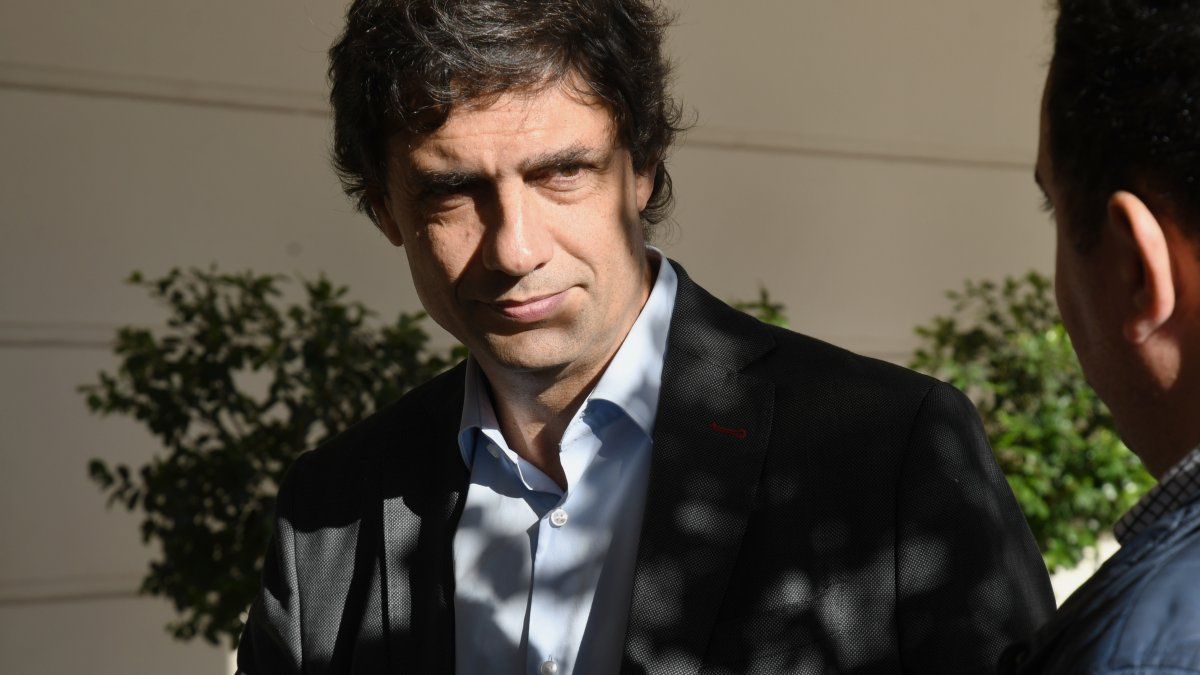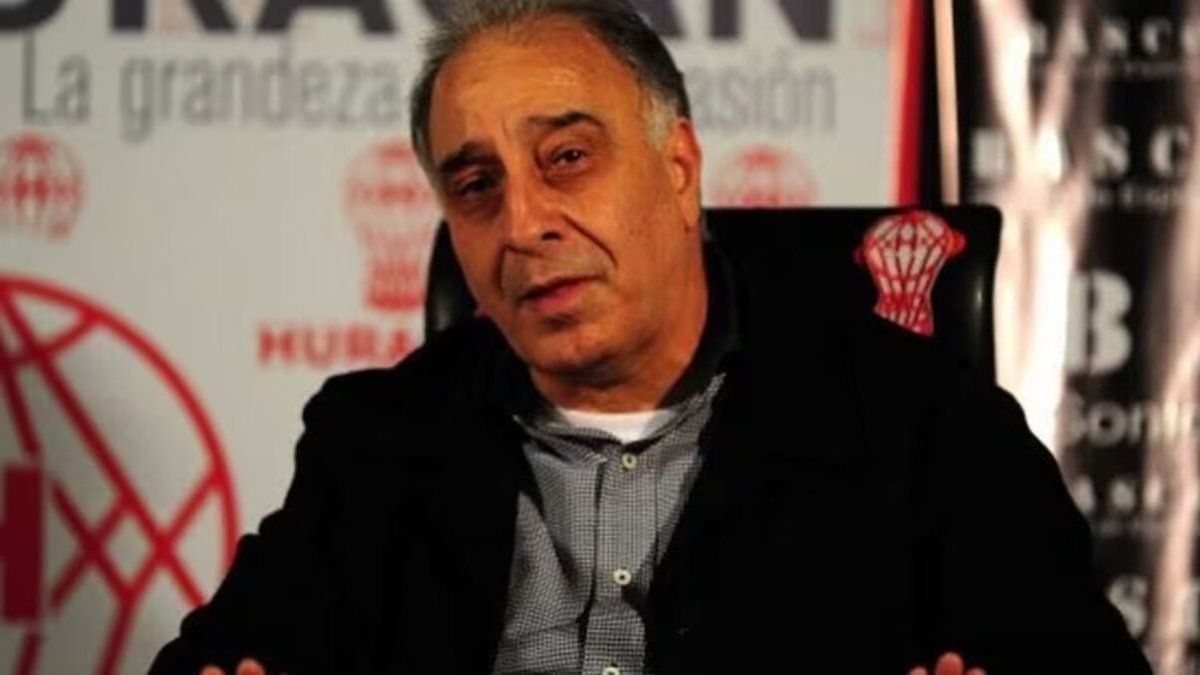Hernan Lacunzawho held the position of Minister of Economy during the last months of the government of Mauricio Macri, joined the consensus of analysts who warn that, despite the slowdown in inflation, a large part of the population continues under serious economic difficulties.
In a radio interview, the former official shared recent findings from his consulting firm, Empiria. He highlighted the impact of the increase in fixed costs on Argentine households. According to Lacunza, in this context of economic difficulties, it would not be until the end of 2025 when consumption levels could return to recorded values at the end of 2023. In addition, he warned about the risks associated with a disinflation strategy based on fixing the exchange rate.
In his analysis, Lacunza described an economic panorama full of apparent contradictions that, however, are integrated into a coherent diagnosis. As he explained, although ““The economy became very depressed in the first quarter of the year, entered a plateau in the second, and began to show signs of a moderate and uneven recovery in the third quarter.”
However, it analyzed that the disposable income of families – that is, the money remaining after covering fixed expenses such as services, transportation, rent and expenses – fell significantly. In concrete numbers, he noted: “If in November of last year a family had 100 pesos left, now they have 86 left“.
This is due to an adjustment in the fixed costs that were previously contained. “Fixed expenses increased proportionally more because they were behind,” he explained. This phenomenon led to a direct impact on the economy, with an estimated drop in GDP of 3.5% and a contraction in consumption that could reach 7% or more.
According to private data from the consulting firm Scentia, the drop in mass consumption could reach almost 13 points, marking an entire year in the red, something unprecedented not even in previous crises such as that of 2001 or during the Macri government.
The pause in income recovery
Lacunza also stressed that the recovery of income, essential to boost consumption, has stalled. As he commented: “The averages hide heterogeneity. Formal workers have managed to recover income almost to the previous level, but this improvement has stabilized. On the other hand, public salaries are much lower, the opposite of what happened with the previous government. And informal workers… the labor market has actually become more flexible“.
He added that this adjustment of the labor market is manifested more in salaries than in jobs, highlighting that, although current unemployment is around 7.5% (compared to 17% in the 90s), salaries are much more flexible. .
Hernan Lacunza
Lacunza also stressed that the recovery of income.
NA
Regarding consumption, he explained that it hit rock bottom between March and May of this year, in what he called “the bottom of the recession.” Although a slight recovery has begun, Lacunza ruled out a “V”-shaped rebound. According to your vision, “These processes of depression with income erosion go down quickly, but go up slowly“. ANDIn line with this analysis, it predicted that consumption levels will not return to the values at the end of 2023 until the end of 2025, evidencing a prolonged phase of reduced income and limited consumption.
Criticism of the disinflation strategy
In another passage of the interview, Lacunza questioned the government’s strategy to reduce inflation, based on anchoring the exchange rate. After the December devaluation, the official dollar went from 350 to 800 pesos, which, according to him, eroded exchange competitiveness by 90%. He warned that this policy could be insufficient to promote exports while benefiting imports, generating tensions in the economic program.
“You can tell me, with confidence, that this real exchange rate may be insufficient for exports and very convenient for imports. Which is a problem for this program,” he argued. In addition, he pointed out that, although the Government is using credits and debt to sustain itself financially, these tools are temporary solutions: “That lasts for a while, but it is not forever.“, he commented.
In conclusion, for Lacunza it paints a challenging economic panorama, marked by deteriorated disposable income, a slow recovery in consumption and risks associated with exchange rate policy, suggesting the need for deeper structural reforms to reverse these trends.
Source: Ambito
I am Pierce Boyd, a driven and ambitious professional working in the news industry. I have been writing for 24 Hours Worlds for over five years, specializing in sports section coverage. During my tenure at the publication, I have built an impressive portfolio of articles that has earned me a reputation as an experienced journalist and content creator.




